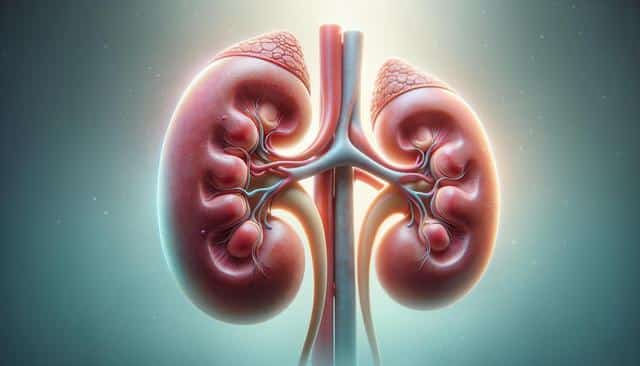
Subtle Signs of Kidney Failure You Shouldn’t Ignore
Feeling More Tired Than Usual
One of the most easily overlooked symptoms of kidney failure is persistent fatigue. When kidneys are not working properly, toxins and waste build up in the blood instead of being flushed out through urine. This can lead to a feeling of constant tiredness or weakness. You may notice that you struggle to stay alert during the day or feel drained even after a full night’s sleep. In some cases, anemia may develop due to decreased production of erythropoietin, a hormone made by the kidneys that helps produce red blood cells.
Fatigue may also be accompanied by:
- Difficulty concentrating
- Shortness of breath
- General lack of motivation
These symptoms can be mistaken for stress or aging, but persistent fatigue should not be ignored, especially if combined with other signs of kidney trouble.
Changes in Urination Patterns
Since kidneys are responsible for filtering and removing waste through urine, any noticeable change in urination habits can be a red flag. You might find yourself urinating more frequently, especially at night, or experiencing difficulty urinating. On the flip side, some people may notice a significant decrease in the amount of urine they produce, which can indicate that the kidneys are no longer filtering waste effectively.
Watch out for these specific changes:
- Foamy or bubbly urine
- Blood in urine
- Dark or tea-colored urine
- Pain or pressure while urinating
These symptoms can point to a decline in kidney function and warrant a medical check-up to rule out or confirm kidney issues.
Swelling in Legs, Ankles, or Feet
When kidneys fail to eliminate excess fluid and sodium from the body, it often leads to fluid retention. This causes noticeable swelling in the lower extremities such as the legs, ankles, and feet. In medical terms, this is called edema. While swelling can be caused by various health conditions, persistent or worsening puffiness may be a sign of kidney dysfunction.
In addition to swelling, you might also experience:
- Stiffness in joints
- Indentations in the skin from pressure
- Difficulty putting on shoes or socks due to swelling
If swelling is accompanied by other symptoms like changes in urination or fatigue, it’s especially important to consult a healthcare provider for further evaluation.
Loss of Appetite and Nausea
Another warning sign that may go unnoticed is a sudden change in eating habits. People with early kidney failure often report a loss of appetite, which can lead to unintended weight loss. This is partly due to the buildup of toxins in the body that interferes with normal digestion and may cause a metallic taste in the mouth or bad breath.
Nausea and vomiting can also occur as the kidneys lose their ability to clear waste efficiently. If you find yourself skipping meals, feeling full quickly, or experiencing ongoing digestive discomfort, it may be time to have your kidney function tested. While these symptoms can point to many different health issues, they are fairly common in patients with deteriorating kidney health.
Itchy Skin and Muscle Cramps
Kidney failure can also affect your skin and muscles. As toxins accumulate in the bloodstream, they can cause the skin to become dry, itchy, and irritated. This symptom is often persistent and doesn’t go away with regular moisturizing. Itching may be especially noticeable at night and can interfere with sleep.
Muscle cramps are another indicator. They may result from electrolyte imbalances such as low calcium or high phosphorus levels, both of which are regulated by healthy kidneys. These cramps can affect the legs, arms, or even the abdomen and may feel more intense over time.
If you’re experiencing:
- Unexplained itching that doesn’t improve
- Frequent muscle cramps
- Restless legs at night
these could be physical clues pointing to kidney issues. These symptoms, especially when combined with others, should not be dismissed as minor or unrelated.
Conclusion
Recognizing the subtle signs of kidney failure can make a significant difference in your long-term health. Symptoms like fatigue, changes in urination, swelling, appetite loss, and skin or muscle discomfort may seem minor at first but could indicate a bigger issue. If you experience several of these signs together, it’s important to seek medical advice promptly for proper evaluation. Early detection and lifestyle adjustments can help slow the progression of kidney damage and improve your overall well-being. Listening to your body and acting early can lead to better outcomes and a healthier future.


